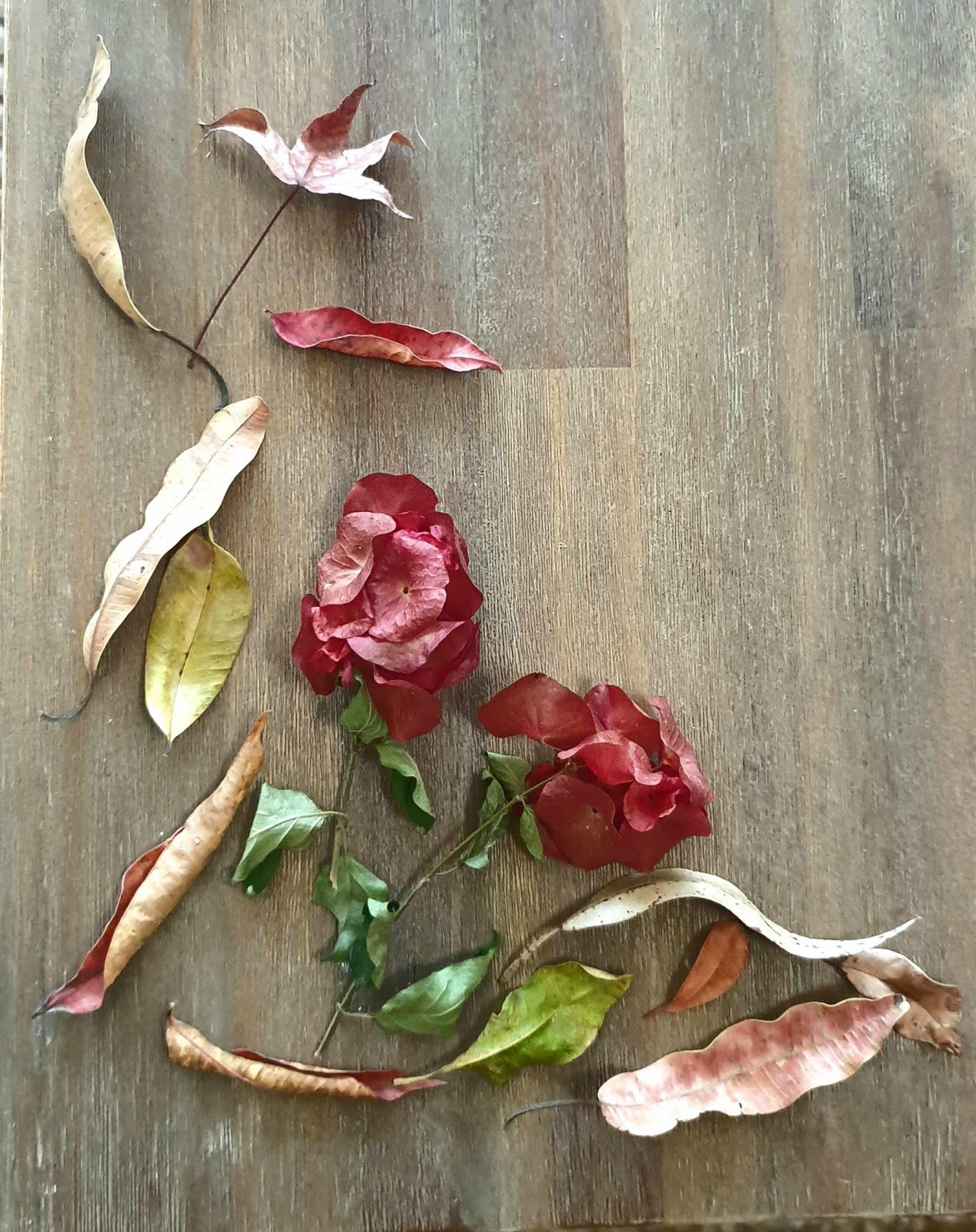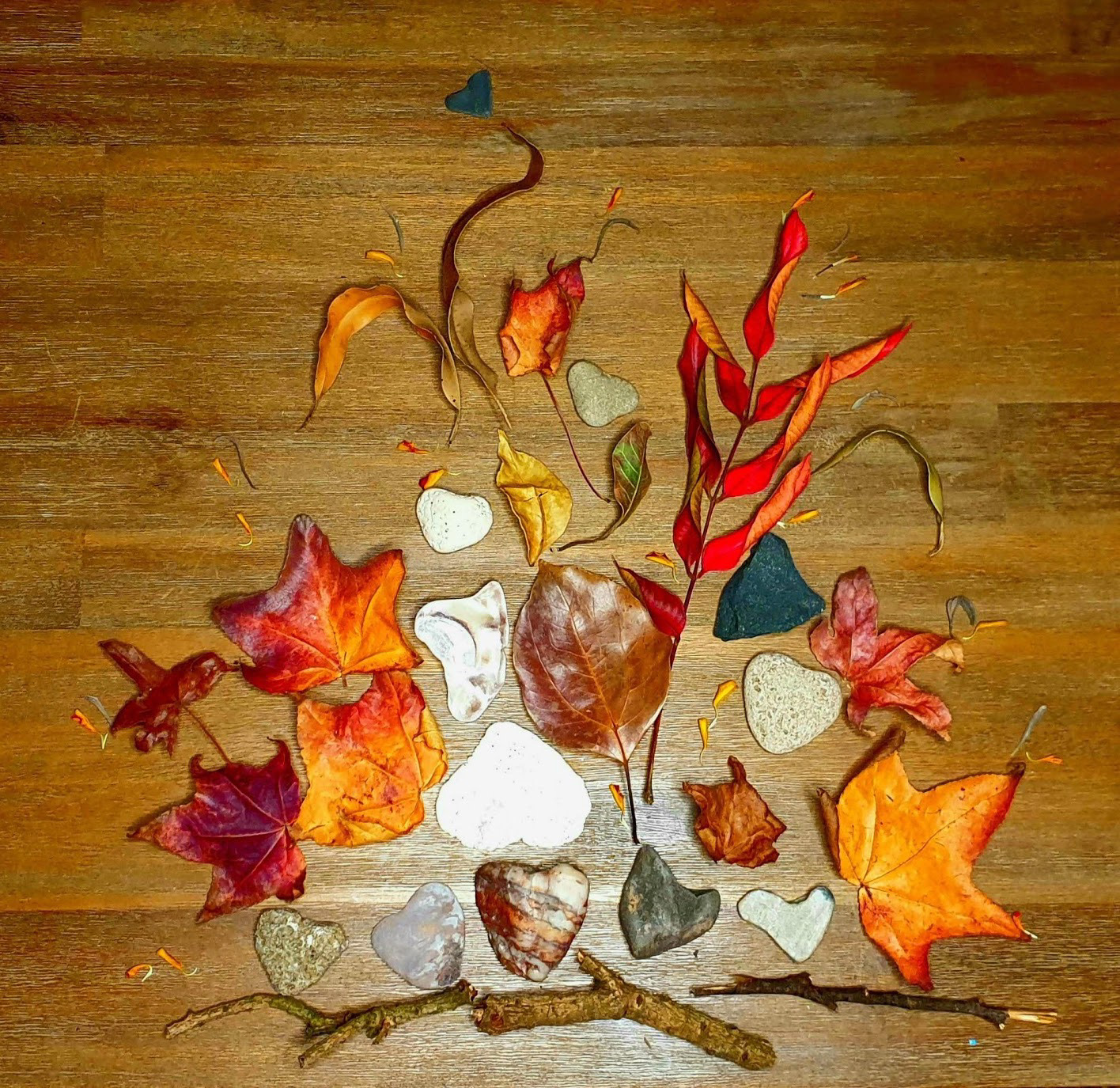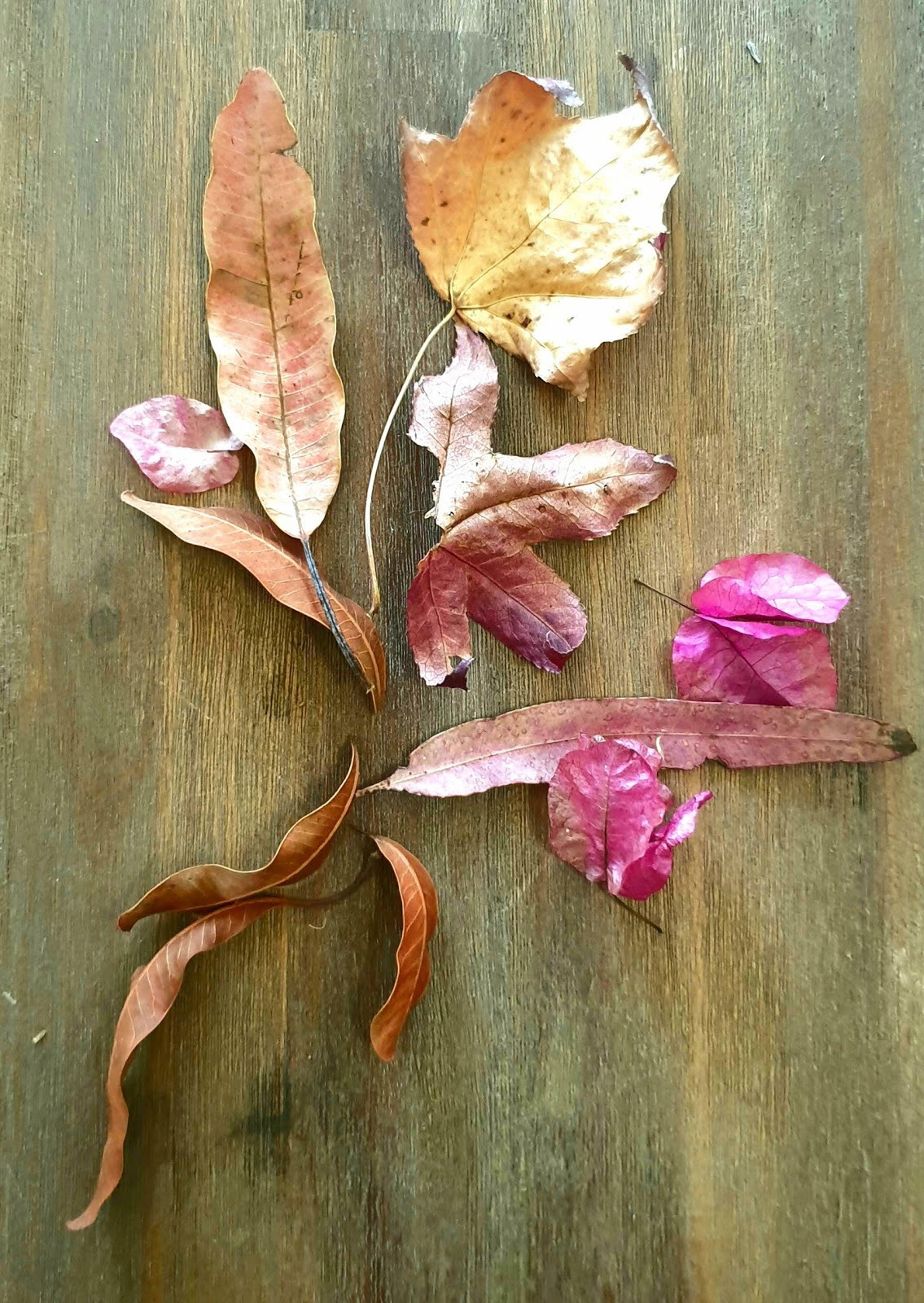SOUTH AFRICA
Words by Juanita Rea
August 11, 2020
1. Love, in the time of remote learning
There was only one thing
that could be done.
It was the only thing
that they were not asking her to do.
Why was it so hard for those
planning timetables
allocating students to classes
and making sure
that academic performance
was always on the rise,
to admit and to insist that the only thing
that the teacher could do
and should do
while teaching all the lessons
she was supposed to teach and more,
was simply
—to love them.
There was only one thing
that could be done.
It was the only thing
that they were not asking her to do.
Weren’t they all afraid and anxious?
Weren’t they confused and worried?
Were fractions really more important than asking,
“How are you? How’s your week been?”
Did the research project on ancient explorations
really matter more
than checking on those being repatriated
and those in quarantine?
So, for all the months that their online school
sojourned in the womb of her heart
she did what the leaders didn’t actually ask her to do.
—She loved them.
P.S. My hopes are for teachers to relate to learners with greater compassion during remote teaching, instead of focussing on just the academic content and increasing the stress that families are under. I wrote it while reflecting on my frustration as a school teacher, teaching remotely during the pandemic. I feel that that this disruption to the school system is an opportunity to change the system and to breathe love into it.
2. Unmasking beneath my mask
I confess. I like to wear these masks. I like it in the same way that I liked wearing trousers under my school dress as the Muslim girls had to do when I was in high school in South Africa. I like it in the same way that I liked wearing clothes that covered my arms and legs like the women had to do when I taught at the school in Sudan. I mostly like it in the same way that I liked wearing my hair over my face as a teenager, shielding it from view so they would not see what I was thinking—what I was feeling.
I confess. I like to wear these masks. I like the way they clothe the nakedness of my emotions. I know that these masks are meant to minimise the risk of transmission and contagion yet there is a different kind of safety that I relish behind my mask—anonymity and a cocoon. A cocoon inside which emotions can dance upon my face without needing to wear the mask of social acceptance with a face that hides secrets away from its own heart. I don’t know how to wear that mask. I don’t think I want to know.
I confess. I like to wear these masks. Yet I am hoping—hoping that by the time the mask-wearing is no longer needed that I may be more comfortable with my non-masked face. The face that wears my thoughts and emotions, my hurt and hopes with fear. Fear that somehow unmasks courage. All truths welcome—unmasked.
P.S. I hope that we are humans, can embrace the masks we have to wear and the distance we have to keep from others as an opportunity to be more honest with ourselves, about our fears and the things we usually hide from. I wrote this reflecting on how I really felt about the mask I had to wear and why it seemed to bring me comfort while causing others distress. It led me to acknowledge the deeper unmasking that I hoped would follow. I believe that the pandemic is providing an opportunity for greater introspection and contemplation, which however challenging, can help us to heal.
3. Where the hurt, can heal
Even when it seems
grey and desolate
bleak and barren
we simply could never
forget.
The grass
is always reminding us.
Yet we need to lie on it
to listen with our hands and feet
and with our hair and skin.
The trees
are always guiding us.
Yet, to know which way to turn
we need to pause
with branches overhead
and let hands and bark, converse.
The sea
is always soothing us.
Yet we need to let singing waves
calm unsteady minds,
trusting in the song, of ebb and flow.
The sky
is always calling us.
Yet we need to fall, lost and broken
upon the earth to let our heads
and eyes and hearts, look up.
There is no forgetting.
It would be impossible!
Forgetting could only happen
in a world without grass and trees.
Without sea and sky.
For as long as grass holds and trees whisper
as long as sky calls and sea sings,
every sunrise and sunset smiles upon us,
asking us to remember what can never be forgotten
We are life—eternal.
P.S. In my third poem, I express my hope for humankind to surrender to nature's innate and immeasurable capacity to heal us as we step forward into the new reality. While isolation bears it brunt on many, every single one of us does have the opportunity to breathe deeper and slower and to absorb the natural elements around us. The earth can heal our hurt. My hope is that, an increased appreciation of the earth during this time, could lead us to take better care of our planet. I wrote this poem while reflecting on the moments I spent outside, in nature during the pandemic. Although I was fortunate to have access to a garden, while many people didn’t, I also believe that a few moments looking up at the sky, down at the grass, and even just out the window, helps us to remember that we are connected to all life, and can lead us to be more climate aware and active.
Final Words
During the first lockdown in South Africa, we were only allowed to leave our homes for essentials such as shopping or medical care. During the second lockdown we were permitted to exercise within a 5km radius of our homes from 6 - 9am every day and I would walk or run during this time. On my walks or at the end of my runs, I would notice leaves and flowers that I collected and placed on the coffee table. After building up a collection, I added some heartstones that I had previously found on trips to Northern Ireland, as well a few I had found before the lockdown began in SA. It became a meditative practice to pick up leaves as well as to create patterns and images with them. While the installations are individually untitled, I call the series “Unplanned Patience” as this was the pervading tone of the whole experience. When I began picking up the first leaves, I had no intention of creating anything with them. Whenever I began creating the installations, I found it to be calming and meditative and helped me to be more patient with the challenges of lockdown. Finally whenever lockdown ended and I was able to leave the temporary residence that I lived in from March to October 2020, I took all the leaves and flowers and returned them to earth on walks in the neighbourhood and kept the headstones. Although I am a nature lover and am always taking photographs and videos on walks, this was the first time that I created installations. I am sure that I arrived at this creative practice due to the limitations of the lockdown and and thankful for the discovery.



About The Writer
Juanita Rea is a social edupreneur, wellbeing specialist and artist activist, passionate about healing. She was born in South Africa in 1976 and spent the past twenty years working as a primary teacher and social edupreneur around the world. In 2011, she founded eduSOIL to enable underserved youth access to mindfulness, yoga and changemaker programmes. As an artist activist, she strives to destigmatise childhood sexual trauma, of which she is a survivor, through writing, songs and painting, aware that her ability to pause, breathe and heal enables her to support learners of all ages to do the same.